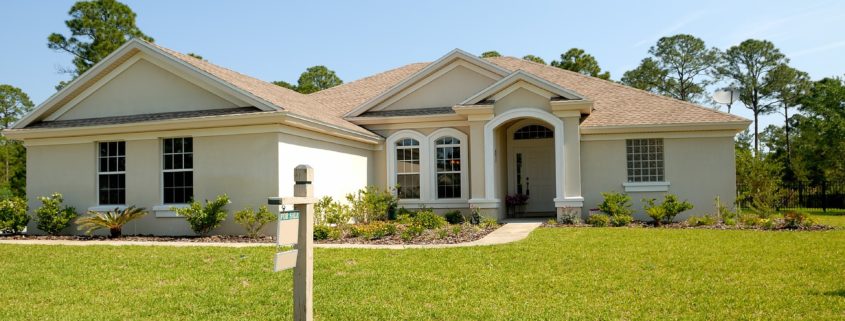What Is the Difference Between Housing Repossession and Foreclosure?
Housing repossession and foreclosure are legal processes that both refer to a creditor taking away your home. These processes are similar, but they have significant differences.
“Foreclosure refers to the process that your lender must follow if you go into default on your home loan and stop making payments,” says real estate expert Michele Lerner. States have different regulations for how long the foreclosure process can last, she adds. “In some areas, a foreclosure can happen within a few months, and in other places it can take a year or more.”
In foreclosure, a house is sold as collateral after the homeowners default on their loan. Housing repossession is a more general term for when a mortgage lender or loan provider takes ownership of a property because the owners haven’t paid their bills. It’s a consequence of foreclosure. A home isn’t considered repossessed until a foreclosure becomes final.
Foreclosure can be a long process
Homeowners typically have to be at least 120 days late on their mortgage payments before their bank or lender starts a foreclosure. The average time it takes to complete a foreclosure is 625 days, according to the National Association of Realtors®, although it varies by state.
Repossession of the property doesn’t typically happen during the foreclosure process.
“You don’t need to move out when foreclosure proceedings begin,” Lerner says. “If the foreclosure process is completed, you will be given a date on which you must leave the premises.”
What to do if you face foreclosure
Most banks are willing to work with homeowners who are missing payments, especially if there is a legitimate hardship.
“The bank really doesn’t want your house,” says Realtor® Virginia Field.
Homeowners who are dangerously close to having their home foreclosed on shouldn’t wait long to contact their lender.
“If you get into trouble, don’t pretend nothing is happening. Take action,” says Field. “If you contact your servicer and explain what is happening, you have a chance of saving your home.”
Additionally, there are resources to help you navigate your options. The U.S. Department of Housing and Urban Development can connect homeowners facing foreclosure with housing counselors who can give you free assistance. The sooner you contact either your lender or a counselor, the better your outcome is likely to be.
Selling your home to avoid foreclosure
If you’re struggling to make payments—or even missing some—selling your home to avoid foreclosure is an option. If the house can sell for more than you owe your lender, you can walk away from the sale with some cash in your pocket and no loan debt. It will just be important to move quickly to sell; the closer you get to foreclosure, the more complicated the sale can become. Certain real estate agents specialize in distressed properties, but generally the sale and closing process should be similar to any other home sale.
Short sale
If your house can’t sell for more than you owe on your mortgage, you’re looking at a short sale. Short sales are a bit more complicated than traditional ones, and will require your lender’s approval. It can take a long time to complete the process, and it will ding your credit a little, but not as much as a foreclosure. If you think you’re headed in that direction, find a real estate agent who specializes in short sales.
SOURCE: Audrey Ference – https://www.realtor.com/











